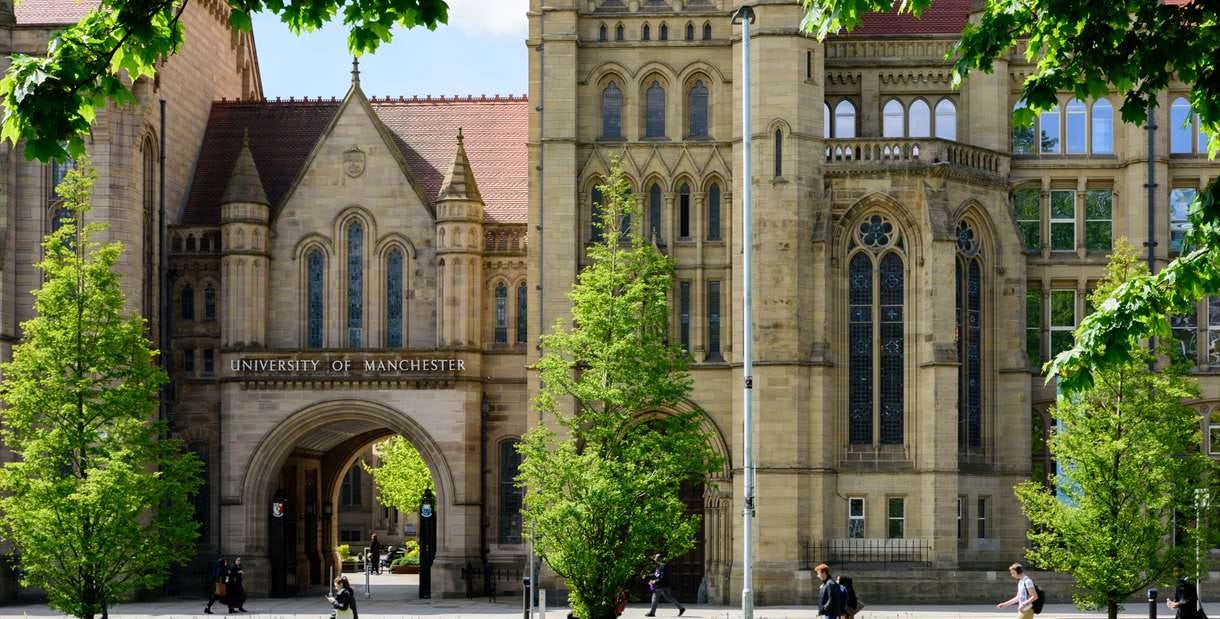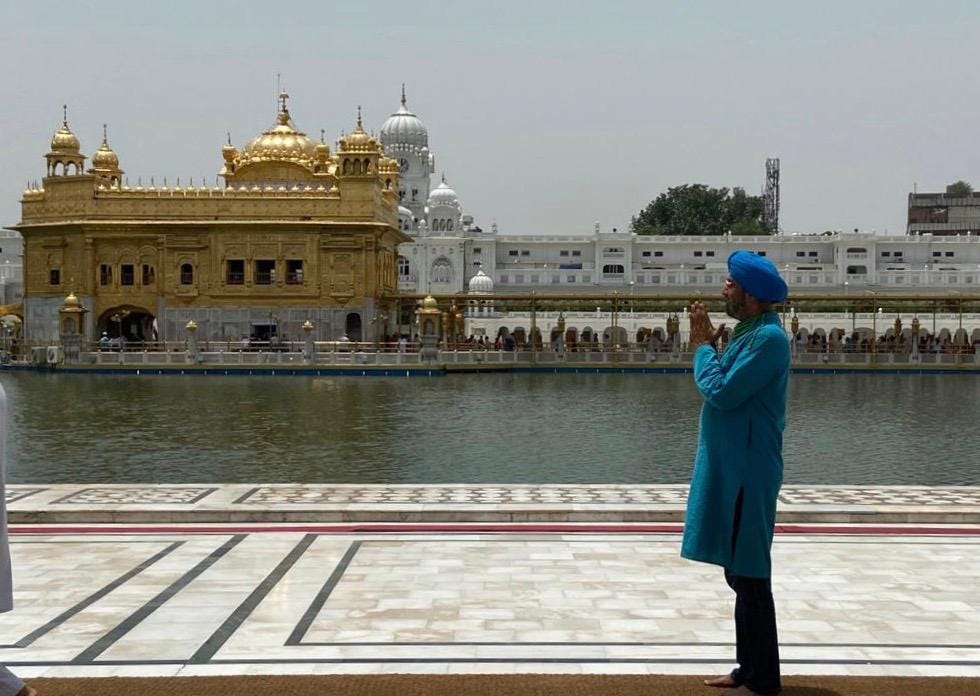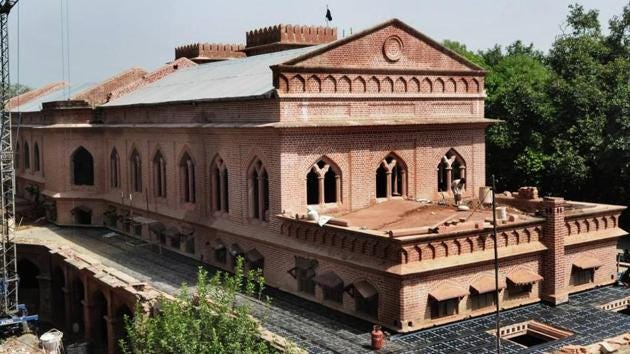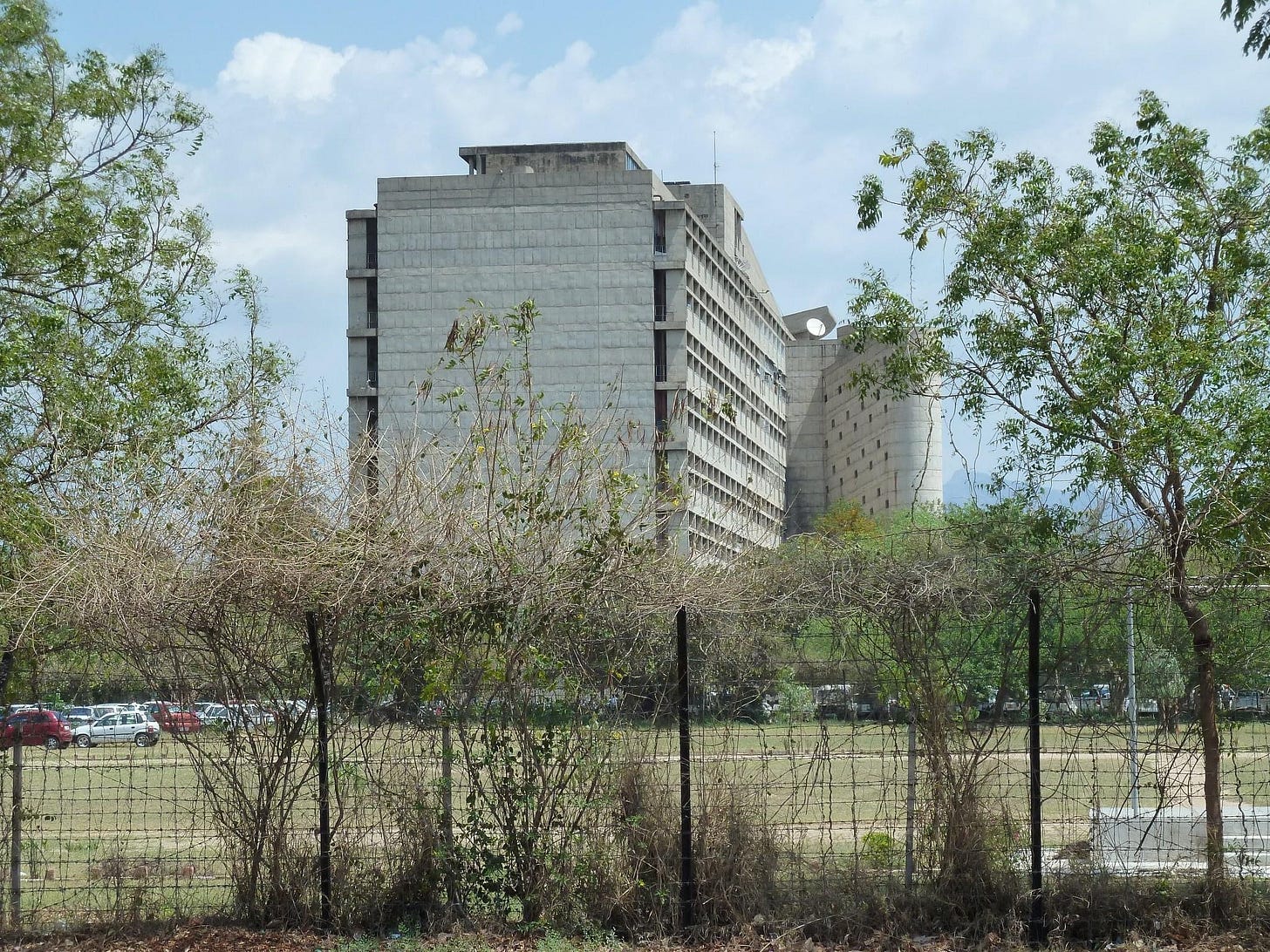Panchayats: Decentralisation, Delegation and Devolution
University of Manchester Reminiscences: Without authentic devolution of powers, the slogan "Power to the People" will remain in the realm of the rhetoric.
Introduction and Historical Context
In the crucible of 1997, with a mere 12 years of service in the Indian Administrative Service under my belt, I found myself immersed in an academically rigorous endeavour—an MA dissertation on "The Politics of Decentralisation with Reference to the Indian Punjab (1990-97)" at the prestigious University of Manchester, UK. But this was no ordinary research; it was sponsored by a highly competitive government overseas training programme tailored for serving civil servants. My vantage point was unique: I had spent an intense six years in the then volatile district of Amritsar—from 1990 to 1996—four as the District Head (Deputy Commissioner) and the initial two as the second-in-command. In the cauldron of civil strife and administrative challenges, I had a ringside view of numerous attempts at decentralisation and power devolution. Those years were not just an administrative tour of duty; they were an intellectual crucible, laying the groundwork for the dissertation that followed. The content I present here condenses key findings and insights from that transformative experience.
Fast-forward to Today
Fast-forward to today, I can look back at a fulfilling 37-year tenure in the IAS, which culminated with my superannuation in July 2021. Over two decades have elapsed since that dissertation, but its observations and conclusions are as significant as ever. This is particularly relevant today, considering the recent suspension of two senior IAS officers in Punjab, both at the helm of the Department of Rural Development and Panchayats.
For those eager to delve into the intricate details of my original work, a link to the full dissertation is thoughtfully provided in the footnote1.
The Complexity of Decentralisation
Decentralisation in governance is not merely about distributing powers to local bodies; it’s a highly complex, multifaceted concept that involves a delicate balance of political and technical variables. The dissertation specifically examined the state of Punjab from 1990 to 1997. It explored the challenges and opportunities in "Decentralised District Planning," particularly in the wake of the devolution of powers to the Panchayati Raj Institutions (PRIs) and Urban Local Bodies (ULBs) under the 72nd and 73rd Constitutional amendments. In essence, decentralisation is a process that requires careful planning, astute political acumen, and a collaborative approach among various stakeholders.
Influence of Politics and Power Dynamics
The political landscape is often intricate, and the concept of decentralisation is deeply influenced by it. While devolution has been lauded for its potential to improve governance, its practical implementation depends on the alignment of objectives between policy designers and implementers. This alignment is often fraught with complexities, as the policy landscape is also shaped by power dynamics that are rooted in the social, economic, and historical context. Success, therefore, is often dictated by how well these power dynamics are managed and negotiated among competing interests.
Success Metrics and Hidden Agendas
The initial aim of any decentralisation initiative is usually to improve the quality of governance, but it is critical to look beyond overt objectives to measure its effectiveness. My dissertation posits that hidden political agendas and subtext often play a decisive role in determining the actual success or failure of devolution. Consequently, a well-designed evaluation framework should encompass both explicit and implicit goals, considering the longevity and adaptability of the initiative as key factors.
Political Will and 'The Big Push'
The dissertation argues that political will and commitment from top-level leadership are pivotal for the success or failure of decentralisation. Termed as the 'Big Push,' this support goes beyond mere administrative reshuffling; it signifies a comprehensive realignment of governance objectives. Field units generally welcomed decentralisation because it granted them greater autonomy, but resistance emanated from power centres at the state capital, wary of losing influence. This dual response emphasises that decentralisation is not an exclusively technical exercise but is deeply embedded in the socio-political fabric.
Time and Adaptability
Devolution doesn’t produce immediate results; it’s an evolving process that needs time to mature. Rushing to judgement on its effectiveness can often lead to misguided conclusions. The dissertation underlines the importance of giving decentralised systems adequate time to adapt and grow. It is essential to remember that these systems often require years or even decades to fully realise their potential, taking into account both overt and covert political ambitions that may steer their course.
Navigating the Complex Terrain
While decentralisation promises to be a potent tool for improving governance, it also presents a host of challenges that are inherently political. However, these challenges are not insurmountable. Strategies need to be devised and implemented to manage these complexities, whether they stem from power struggles, social inequities, or bureaucratic inertia.
Conclusion and Contemporary Relevance
Decentralisation remains a dynamic, evolving process, fraught with complexities but rich with potential. It holds the promise of bringing meaningful change, particularly in developing countries like India, provided stakeholders are willing to engage in continual dialogue, adapt strategies, and learn from past experiences.
In the wake of recent developments involving Gram Panchayats in Punjab, the conclusions of my dissertation, penned more than two decades ago, remain startlingly relevant. These findings compel us to critically re-examine the often bandied about slogan, "Power to the People," challenging us to ask if it has transcended from mere rhetoric to tangible action. If the vision of effective decentralisation and devolution is to be fully realised, a unified commitment from all stakeholders is indispensable.
Most crucially, the Sarpanches at the helm of Gram Panchayats must elevate their vision beyond local factionalism and the seeking of piecemeal patronage from Block level officials. They should fully grasp and exercise the considerable power and authority that constitutionally resides with them, rather than squandering it in trivial quarrels and dependency on higher echelons for minor benefits.
EPILOGUE:
For further insights and context, especially for those fluent in Punjabi, I have shared short YouTube videos discussing these complex issues.
.
https://docs.google.com/document/d/1FagGTfjmYf5jF01T8AMdvNw_VzNfBq9e/edit?usp=sharing&ouid=106723119440784079081&rtpof=true&sd=true










Wonderful insights into the complex problems of Local Governance 👍